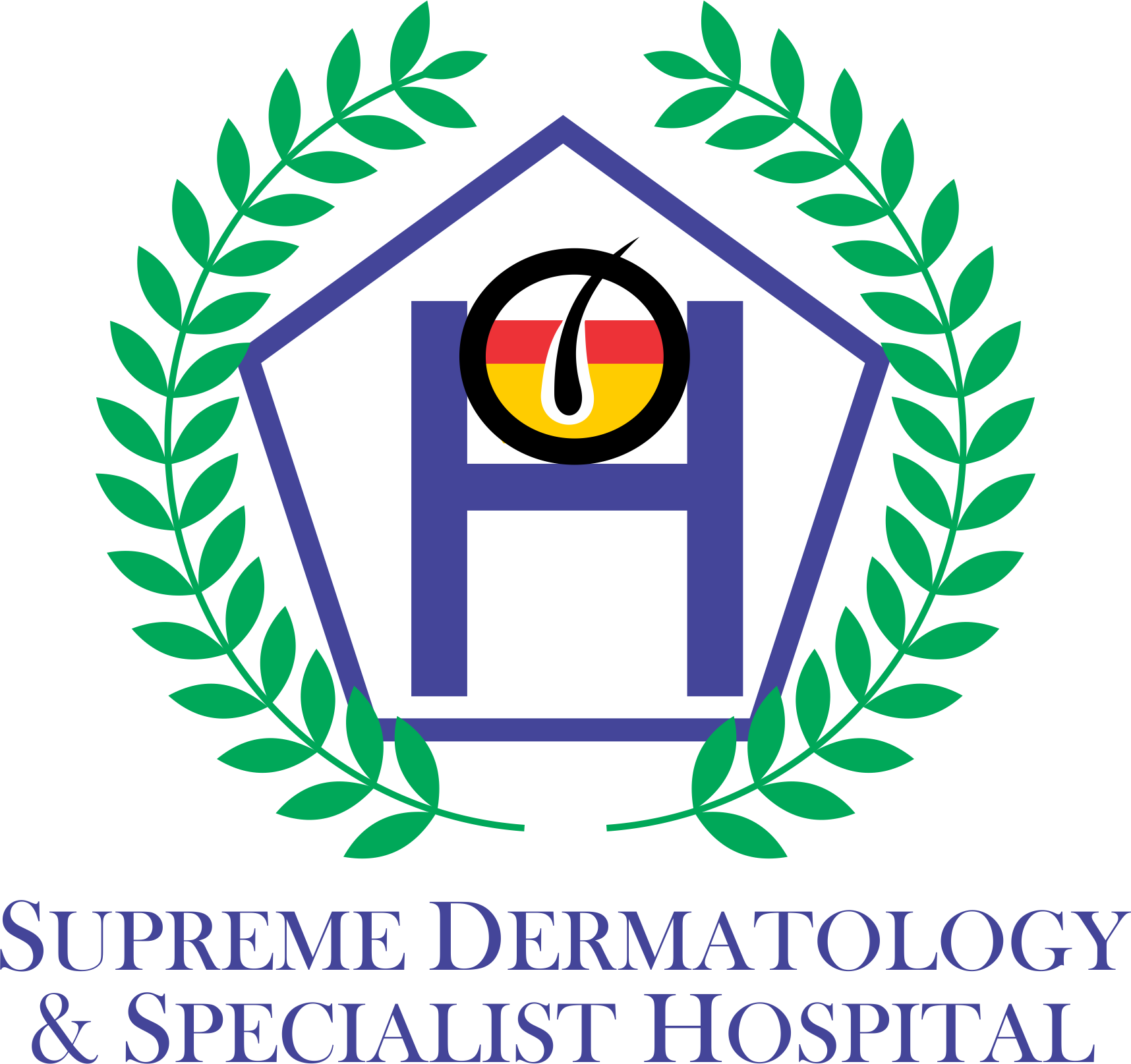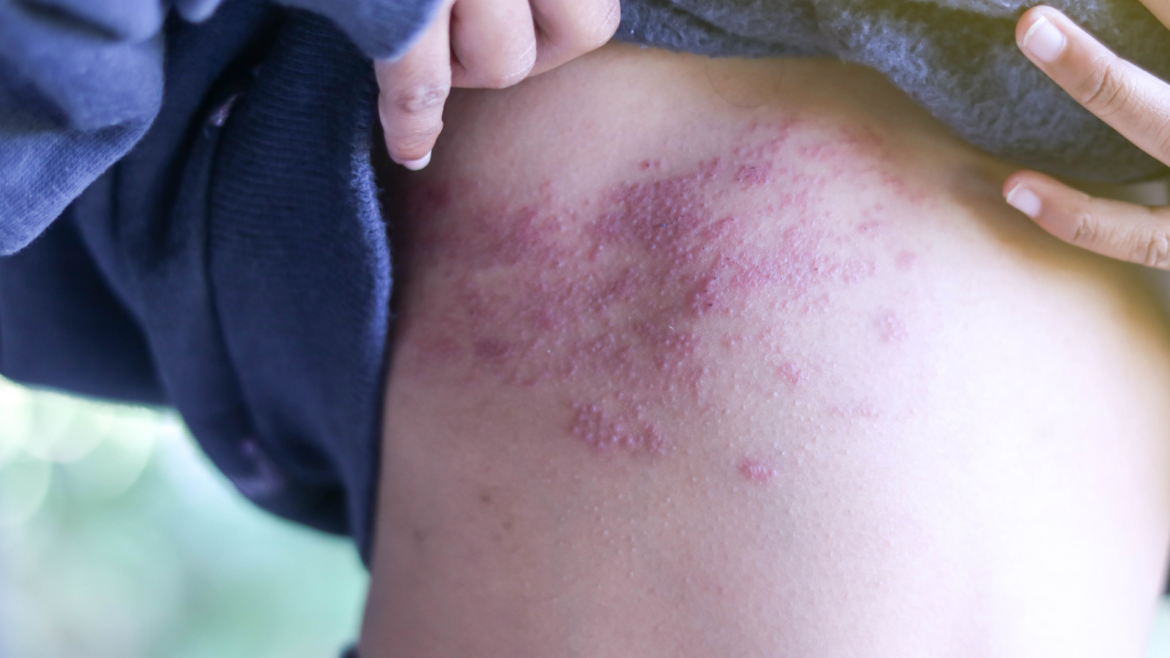Any tropical skin infection or infestation can present as a primary condition or a secondary manifestation of disease elsewhere in the body. Some examples of the former are Madura foot, simple cutaneous leishmaniasis and cutaneous larva migrans, while the latter encompass systemic conditions such as leprosy, kala-azar and coccidioidomycosis. Many of the important disabling infections that dominate health care in the tropics, such as onchocerciasis and leishmaniasis, are known collectively as Neglected Tropical Diseases or NTDs. Tropical skin diseases are often carried by insects and are transmitted when the insects bite humans.
Infections are classified as:
- Protozoa, arthropods and helminths Parasitesare organisms that live within or on another organism, the host, at whose expense they obtain some advantage such as nourishment. This group of pathogens includes the protozoa (single-celled organisms more complex than bacteria) and the helminthes (multicellular organisms commonly referred to as worms).
Thus, parasites can range all the way from microscopic protozoa up to worms that reach three feet long. The environment in which parasites can live is spectacularly diverse: different types of protozoa may set up housekeeping in red blood cells, white blood cells (including those that are normally responsible for killing intruding microorganisms), muscle cells, brain cells, heart cells, liver cells and others, or they may live extracellular in such sites as the blood, tissues or mucosal secretions.
Incredibly, some types of worms may also live within cells, but for the most part they live extracellularly within the gut, the blood, the lymphatics, or tissues of the skin, eyes and elsewhere.
- Fungi Cutaneous dermatophyte infections are limited to the superficial layers of the epidermis. Tropical and subtropical regions of the world provide warm and humid climates and therefore a favorable environment for organisms causing superficial dermatophyte infections.
- Viruses are minute infectious agents that generally consist only of genetic material covered by a protein shell. They only replicate within cells, which provide the synthetic machinery necessary to produce new virus particles.
- Bacteria (singular = bacterium) are more complex than viruses, containing genetic information and much of the equipment necessary to produce energy and replicate independently. Some bacteria, however, can only reproduce when growing inside a cell, from which they derive required nutrients
Supreme Dermatology and Specialist Hospital is a center of excellence offering comprehensive pre-travel advice, an emergency walk-in clinic, and a post travel infection screening to thousands of travelers each year.
In addition to the offer of vaccinations and antimalarial medication offered by most pre-travel services, we give bespoke advice for people of all ages, including those with underlying health concerns and complex travel itineraries.
The emergency walk-in clinic provides ‘while you wait’ assessments, diagnosis and treatment for people returning from tropical locations within the last six months who have symptoms such as fever, rash or diarrhoea.
The post-travel infection screening service offers a range of investigations (blood, stool and urine) for people who have returned from abroad and are worried they may have been exposed to infections whilst away. This is an appointment only service and is not suitable for people with symptoms of infection.
The service is delivered by a team of specialist doctors and nurses with expertise in travel and tropical health.
Our specialists will order laboratory tests that will check the blood, urine and throat and also ask for stool samples. There may also take a spinal tap, which is a procedure that obtains a sample of the cerebrospinal fluid using a needle that is inserted between the bones of the lower spine. Imaging scans such as X-rays, computerized tomography and MRI scans can also help in diagnosis. Biopsies may be required to take a sample of tissue from an internal organ for testing.


